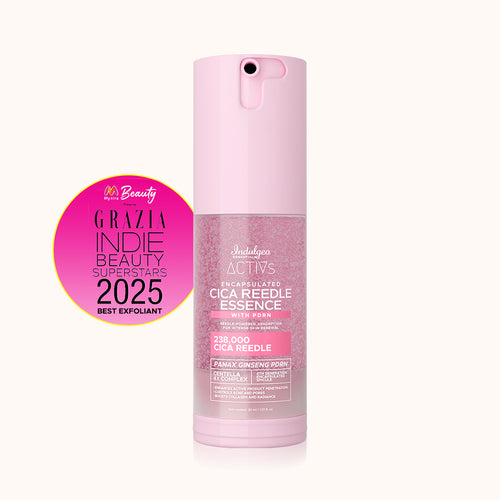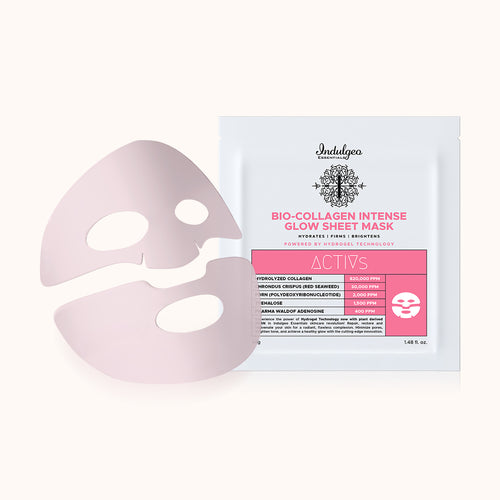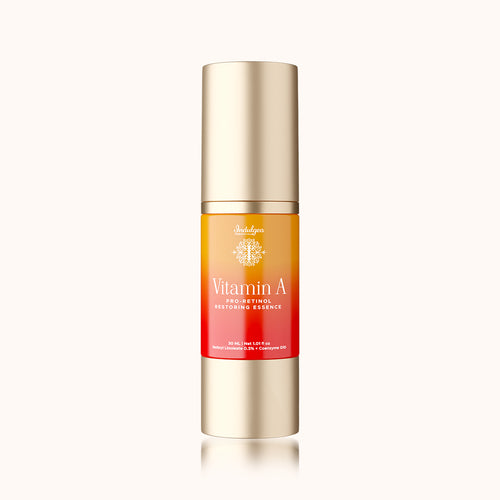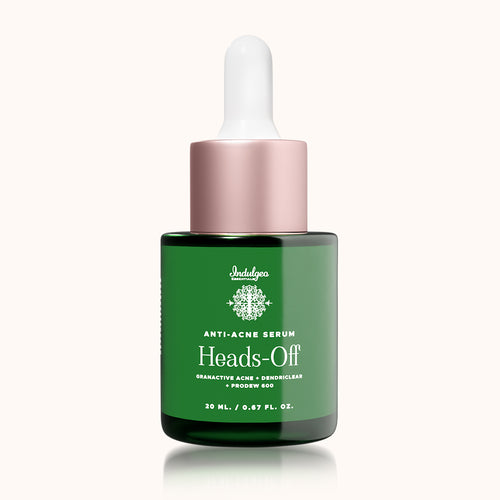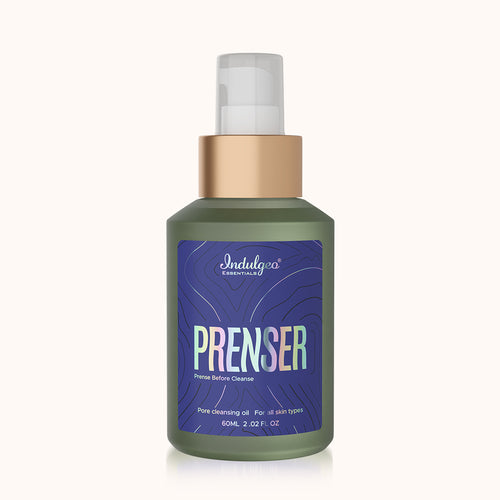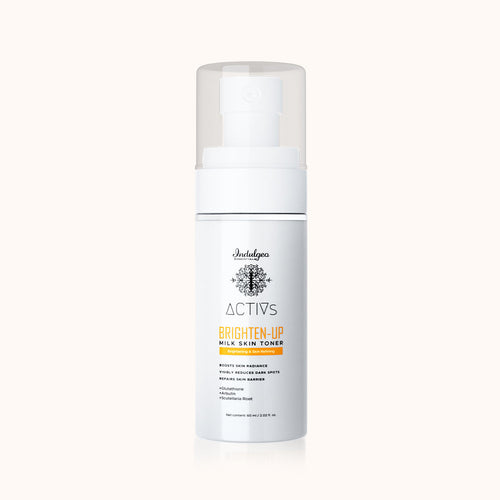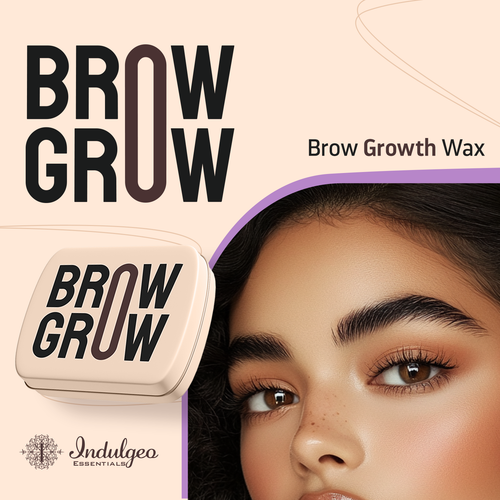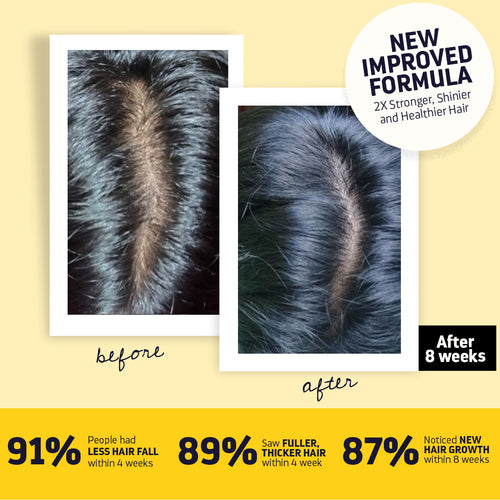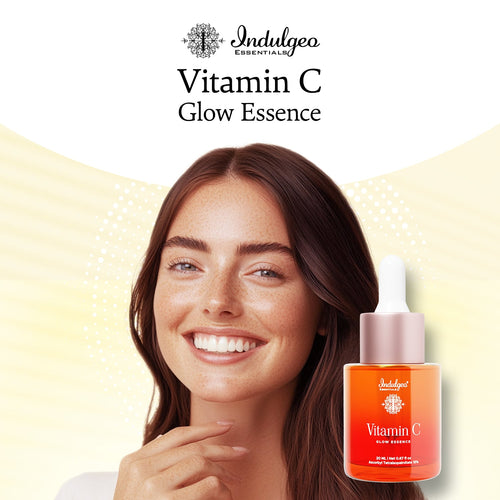What causes Skin Changes as we Age?
Introduction
Aging skin is a natural process influenced by multiple factors that impact its appearance, texture, and overall health. These factors include genetic predisposition, environmental exposures, hormonal changes, and natural physiological processes.
Factors Influencing Aging Skin
1. Genetic Predisposition:
Role: Genetic factors determine how quickly and noticeably the signs of aging appear on the skin.
Impact: Some individuals may have a genetic tendency to develop wrinkles earlier or have less resilient skin over time.
2. Environmental Exposure (Sun Damage):
Role: Exposure to ultraviolet (UV) radiation from the sun is a primary external factor that accelerates skin aging.
Impact: UV rays penetrate the skin, causing damage to collagen and elastin fibers. This leads to wrinkles, fine lines, hyperpigmentation (dark spots), and uneven skin tone.
3. Hormonal Changes:
Role: Hormonal fluctuations, particularly during menopause or as a result of medical conditions or treatments, can affect skin structure and moisture levels.
Impact: Reduced estrogen levels can lead to decreased collagen production and skin thickness, contributing to sagging and dryness.
4. Natural Physiological Processes:
Role: As we age, natural physiological processes slow down, affecting skin renewal and repair mechanisms.
Impact: The production of collagen and elastin decreases, leading to loss of skin firmness, elasticity, and resilience. Skin also becomes thinner and more fragile, making it prone to damage.
Effects of Aging on Skin
Loss of Collagen and Elastin: Decreased production of collagen and elastin fibers results in skin that is less firm and elastic, leading to the formation of wrinkles and fine lines.
Sagging Skin: Reduced skin elasticity contributes to sagging, particularly noticeable around the cheeks, jawline, and neck.
Thinner Skin Texture: Skin becomes thinner and more fragile with age, making it more susceptible to injury and slower to heal.
Dryness and Weakened Barrier: Decreased sebum production leads to drier skin, compromising the skin's natural barrier function. This can result in increased sensitivity and susceptibility to irritation.
Preventive Measures and Treatment
Sun Protection: Use sunscreen daily to protect against UV damage and prevent premature aging.
Skincare Routine: Adopt a skincare regimen that includes moisturizers, antioxidants (like vitamin C), and retinoids to promote collagen production and protect against environmental stressors.
Healthy Lifestyle: Maintain a balanced diet rich in antioxidants and vitamins, stay hydrated, and avoid smoking and excessive alcohol consumption.
Medical Treatments: Consult dermatologists for treatments like topical therapies, injectables (such as dermal fillers), or laser therapies to address specific aging concerns.
Understanding these factors and their impacts on aging skin helps individuals make informed choices about skincare routines and treatments to maintain skin health, minimize visible signs of aging, and promote a youthful appearance over time.


